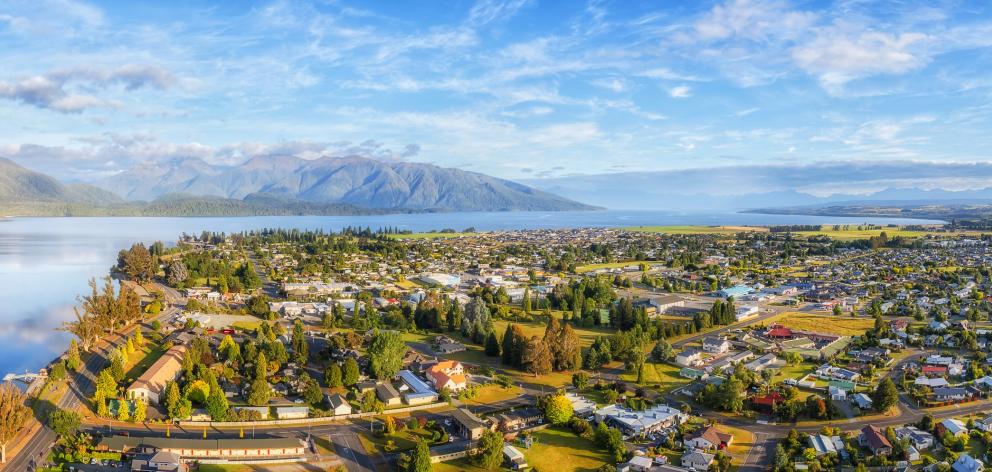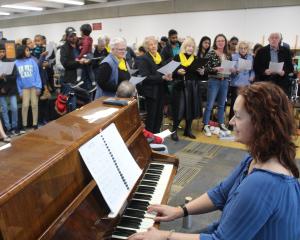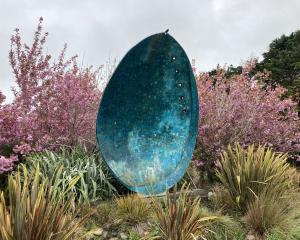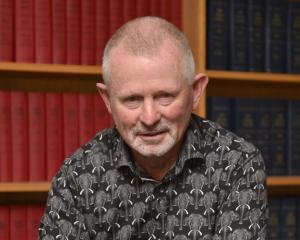
Great South Tourism and Events general manager Mark Frood said occupancy had been pretty good across summer.
"Some companies are really strong again pre-Covid; numbers in Te Anau have returned strongly."
The total number of international visitors to Te Anau for the month of February was 97% compared to 2020.
"Te Anau is a destination in its own right and that is the focus for us at Great South to keep awareness up", Mr Frood said.
High Leys lodge owners experienced occupancy rates better than their last season and 98% of their customers were from the international market.
"If we promoted ourselves as the next destination place in New Zealand then it would be better for Te Anau", Sarah Greaney said.
Visit Fiordland promotions had encouraged visitors to stay longer in Te Anau but there was more that could be done.
Mrs Greaney stressed that there was more to do in Fiordland than just visit Doubtful Sound.
Shakespeare House Bed and Breakfast owner Nathan Benfell hailed their summer season as "slightly better than our previous best year".
"Our occupancy rates were a bit better than pre-Covid and our guests were staying longer.
"Our length of stay has expanded from 2.2 nights to 2.3 nights which means that people who are coming are spending more time in Fiordland."
Most Shakespeare House guests were international visitors.
"I’ve had guests who’ve stayed for up to seven days.
"Since Covid people have learnt to look deeper into regions and look beyond the beaten track", Mr Benfell said.
"We are getting guests from big cities like New York and Paris who are saying that Queenstown is too busy and they are coming here instead."
The business was already booked out from August to September.
Mr Benfell put that down to tourists from Europe, the United Kingdom and Asia who wanted to escape the high temperatures.
Despite the success of the summer season, all businesses agreed that housing staff was a struggle and accommodation for employees was sorely needed.
— Nina Tapu












